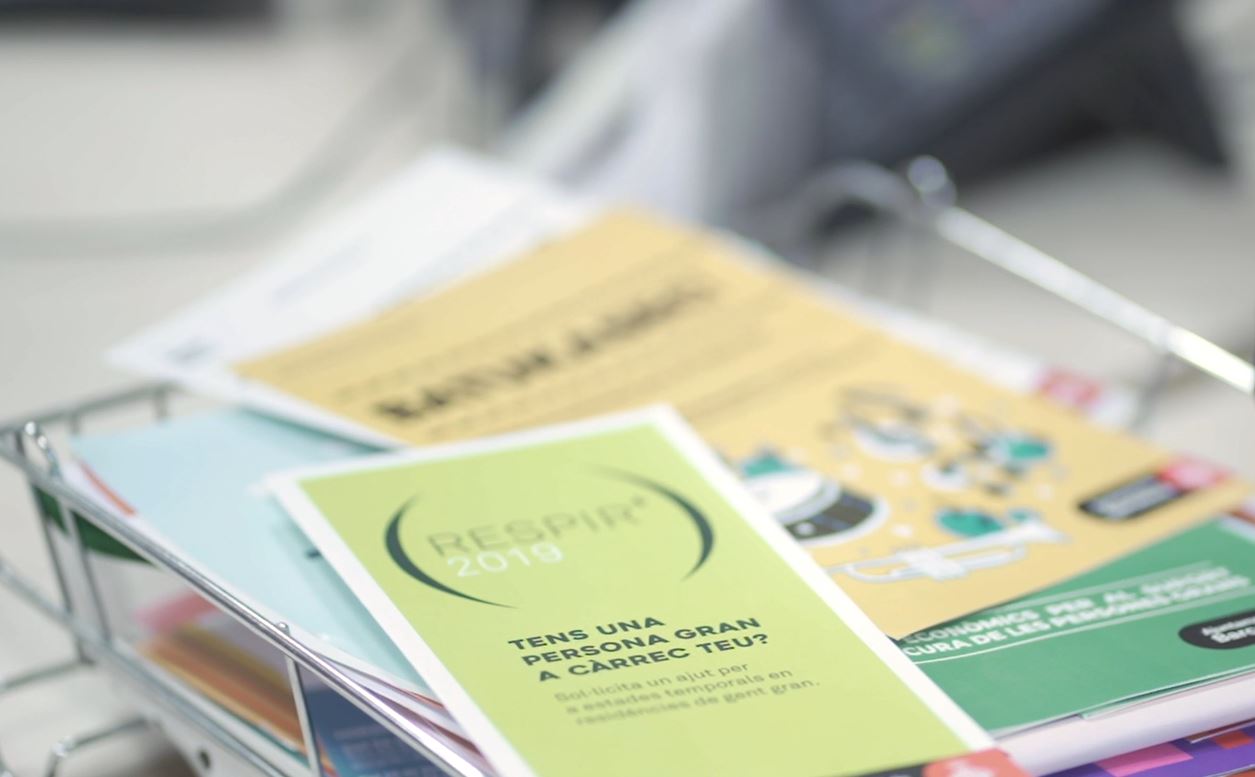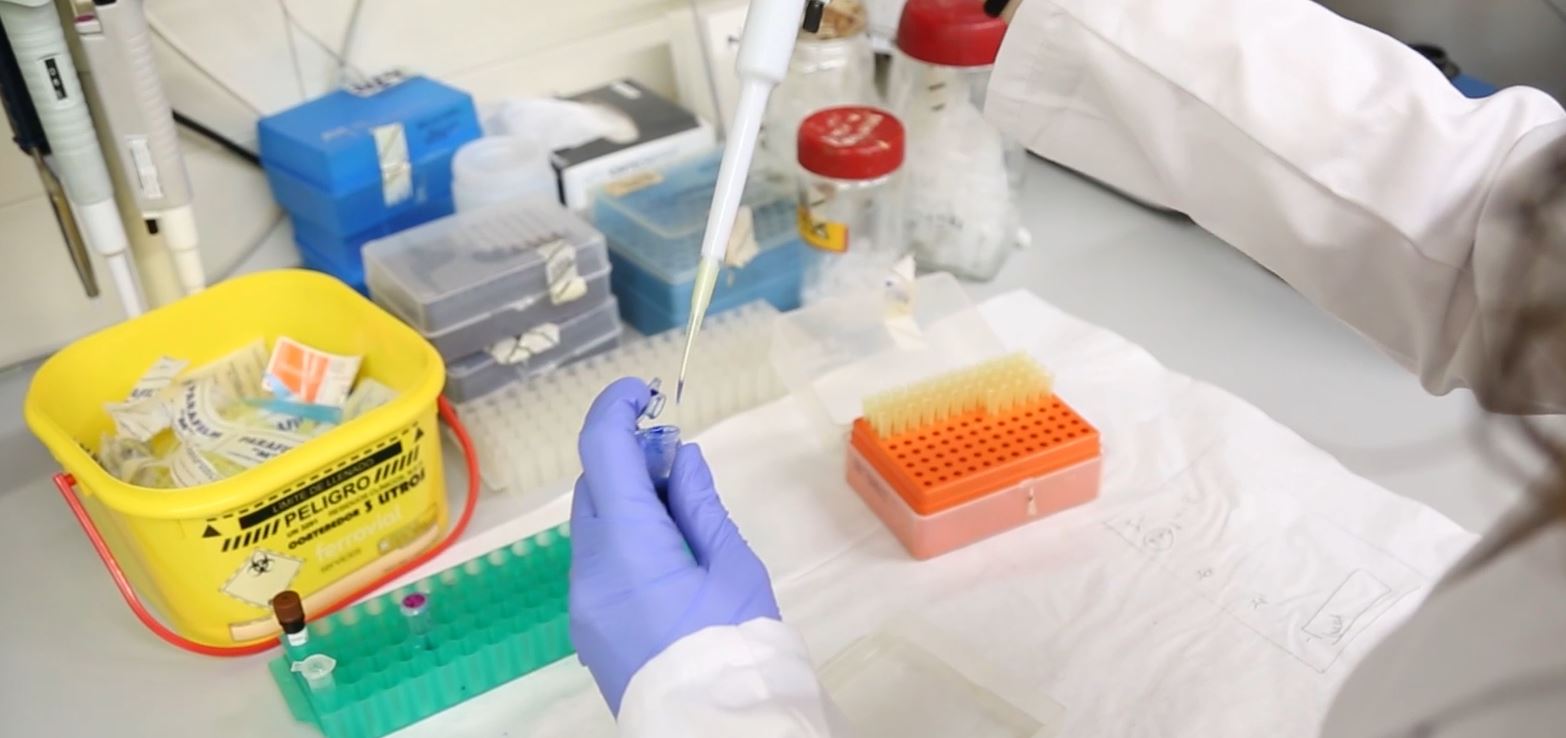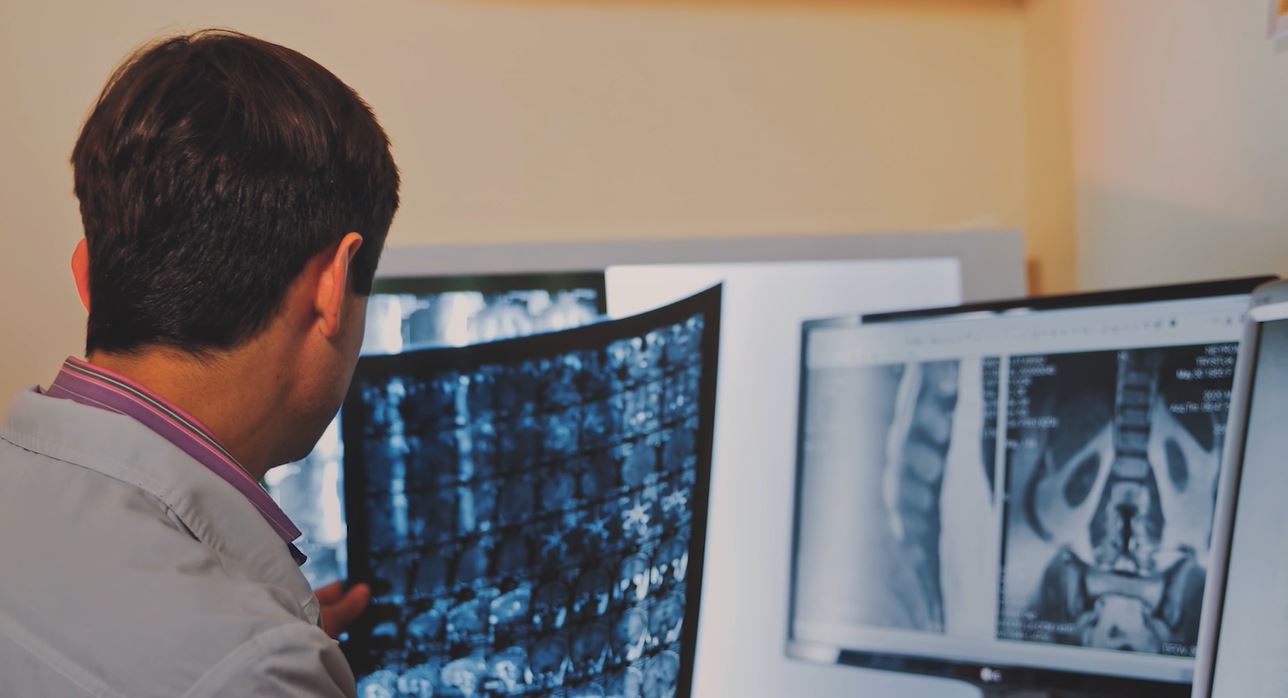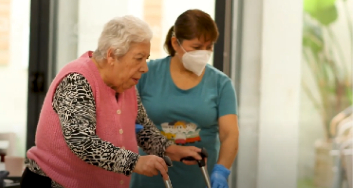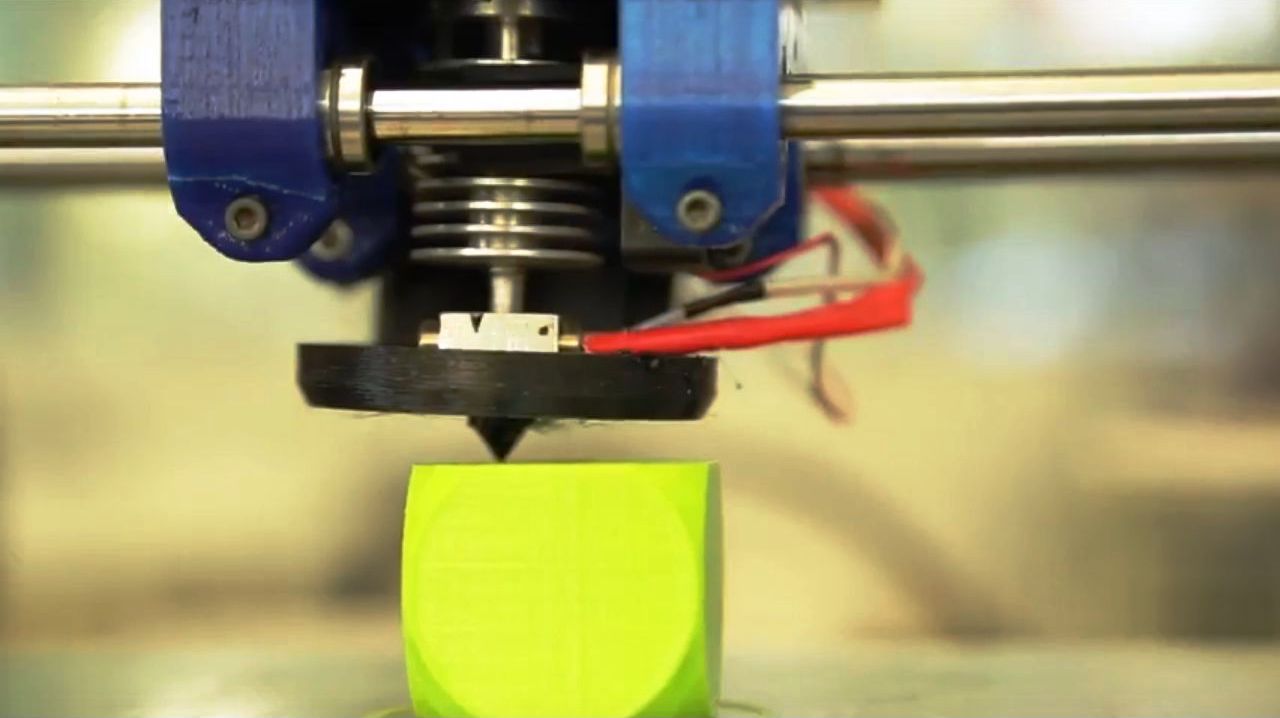
Veterinary surgeon
Description
The main function of veterinary surgeons is to diagnose, offer prognosis, prevent and treat diseases affecting domestic, experimental, and exotic animals as well as wildlife and livestock. In addition, these professionals are no longer restricted to the area of animal health but because they can also work in the study, diagnosis and treatment of animal diseases that affect people. It is important note that they play a fundamental role in the agribusiness and livestock sectors.
Vets may work at veterinary offices as self-employed individuals or employees attending to pets, usually in urban areas. Their work may also involve travelling to client sites (farms, food processing industries, homes, etc.) to treat animals for human consumption (cattle, sheep, horses, etc.), usually in rural areas. In this regard, although there are a set of common duties performed by veterinary physicians across different profiles, there are also some specific ones related to the health control of animals intended for human consumption.
Tasks
- Carry out physical examinations and prepare medical histories of animals.
- Collect and send out different types of samples with a corresponding report.
- Apply basic analytical techniques and interpret the clinical, biological and chemical results.
- Diagnose the most common animal diseases using various instrumental and general techniques, including necropsies.
- Identify, control and eradicate animal diseases, with special attention to diseases that are required to be reported.
- Attend to emergencies and perform veterinary first aid when animals get hurt accidentally and require urgent medical attention.
- Carry out the most common surgical procedures for animals.
- Provide basic care to ensure proper functioning of the reproductive cycle and the resolution of obstetric problems.
- Advise and conduct epidemiological studies and preventive and therapeutic programmes in accordance with animal welfare, animal health and public health standards.
- Use specific protocols and technologies designed to modify and optimise various animal production systems.
- Perform ante- and post-mortem examinations of animals, and of food intended for human consumption.
- Perform health controls on different types of restaurant and food establishments, and implement and monitor quality management systems.
- Perform risk analyses, including environmental and biosafety analyses, and subsequently assess and manage them to avoid or eradicate risks.
- Advise and manage, on the technical and financial levels, companies in the field of veterinary medicine, within a context of sustainability.










 | Catalan | Beginner
| Catalan | Beginner | Catalan | Advanced
| Catalan | Advanced
 Open
Open | English | Beginner
| English | Beginner